Professional teeth cleanings during a routine dental check-up are essential parts of good preventive oral healthcare. At-home oral hygiene practices alone cannot remove all of the plaque and other residues that could threaten your dental health. You should attend these dental appointments at least twice a year to maximize protection for the look and feel of your smile.
Some people may feel nervous about going to their dentist’s office. This stress can often stem from an anticipation of pain. A dental cleaning will not hurt though, and modern dental technology continues to prioritize patient comfort when it comes to dental services.
You may feel more at ease about attending a dental check-up when you know more about what will happen during this appointment. Read on to learn details about professional teeth cleanings.

What Happens During a Teeth Cleaning Appointment?
A dental cleaning takes place after an initial examination of your smile. During a professional dental cleaning, your dentist will first ask you to rinse your mouth with a cleansing wash.
Then the dentist will use a scaler, a tool that can provide precise scraping abilities, to remove plaque and tartar build-up. These hard residues can accrue in spots where your toothbrush cannot easily reach, such as near the gumline.
The dentist will then use a special brush and toothpaste to clean and polish your teeth. They finish the process by using string floss to clean between your teeth. Many people may benefit from a fluoride treatment after this process which can add extra protection to your teeth.
What May Lead to Discomfort During a Dental Cleaning?
As mentioned, at no point during this teeth-cleaning process should you feel pain. If you do notice some discomfort, you may want to let your dentist know.
Oral pain could be a symptom of a larger dental problem. For instance, if you feel a sharp pain when a dental tool touches your tooth, this sensitivity might indicate a cavity or another type of damage to your tooth enamel.
Some people might notice discomfort when the dentist uses the scaler to get rid of build-up near the gumline. When plaque collects near the gums, it can irritate the tissue there.
So if it has been a while since your last dental cleaning, a great deal of plaque might be there. Then it might feel sore as your dentist navigates this part of your smile. You might feel some soreness after the dentist thoroughly cleans a large amount of plaque and tartar from your teeth too.
Periodontal discomfort like this can also be a symptom of gum disease. So an oral exam to check for this infection is crucial to your oral health.
To reduce the chance of this happening, stick to a consistent and thorough oral hygiene regimen. This includes attending dental appointments on a regular basis and maintaining good at-home habits. Find more oral hygiene advice when you give your dentist a call and ask about preventive dentistry.
